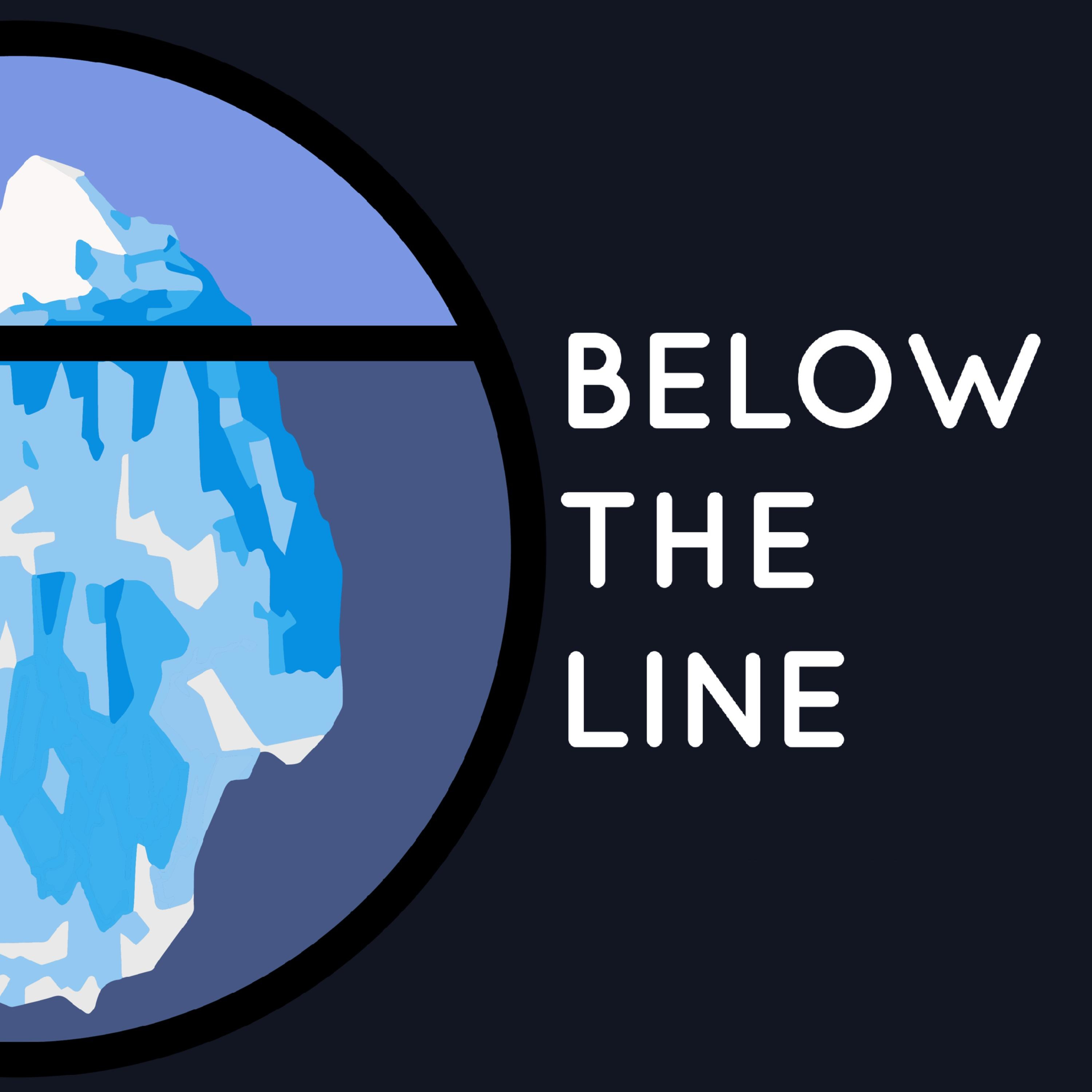He’s known to be the first investor in Twitter, and an investor in other game changing companies. In Silicon Valley, he is known as a person who is as humble as he is bright.
He says that when you get it right, you get to see these companies come out of nowhere and make a huge difference. He feels fortunate to get to work with startups, and that it’s fun to be more of a co-conspirator than an investor.
What helped him was realizing that when you have kids, they owe you nothing. They didn’t decide to have you, but rather, you chose to have them. There’s a trap where parents want to have gratitude from their kids. Expecting it from them is a form of manipulation, which is the wrong reason to think that this is what parenting is about.
His parents used to tell him that you have what you have. Every day is a gift, and having the gift of being alive is a limited privilege. The real questions are, what do you want to do with your time? How do you want to make the most of your time? Mike says to not fall into this trap of learned helplessness of saying the world isn’t fair.
It works better to get real than to get focused. Do less, but better. Think small and increment yourself there. Too often, we want to talk about abstracts and be inside our heads.
Decisions are more like a product. A product should have a ship date and a quality level with a timed value of decisions. People don’t make wrong decisions because they don’t have the facts or framework to decide, but it’s because they let their emotions get attached with the decision; thus, it interferes with their judgement or timing of the decision.
That you have a bunch of free moves and they’re perishable. It’s easier to meet someone when you’re a student, rather than as another guy in Silicon Valley or elsewhere. While he was a student, he made a list of people he wanted to meet. If you don’t take these types of opportunities, they pass you by.
You should ask a set of questions that tease out secrets, rather than the common questions. Rather, you want to come up with questions to “get hit by the lucky truck” as Maples says. You want to create strategic luck.
Mike says that deal flow, ultimately, becomes your enemy because you tend to focus so much on the flow and reacting to what’s going on. Rather than focus on the flow itself, you should try to spot what no one else has seen before.
Mike thinks that once you turn 50, the odds are against you. At this age, your peer group is no longer at the edge. Whatever age you are as an investor, you should always be talking with those closest to what’s happening-- and this may be the younger generation in some cases, the millennials.
Because they allocate capital and resources dynamically and correctly without any central authority to set it.
By the lack of soundness for money. When the average person has worked their career, played by the rules, and was honest, their money is appreciated at a lower rate than if interest rates were set by supply and demand.
The standard of living of humanity has went up fourteen fold from 1850 to 2000. There has been a shift of what it means to be poor because back then, rich people didn’t have what poor people have now. A fourteen fold increase in the standard of living within 150 years is a miracle.
Mike believes no, they won’t eat our jobs as much as they’ll eat the need for people to join companies. The real question is, why can’t technology help talented people find customers and all the stuff that a company has? He believes that ideas like that will be more likely to happen than people out of work.
They are statements generated to inflict controversy and manifest it. Most scissor statements are intentionally, cynically, manipulative, and designed to pit people against one another.
There is value to know that scissor statements are out there. These statements cause us to pause and realize that they are planted to divide us. Initially, it will allow us to not be fooled by them.
